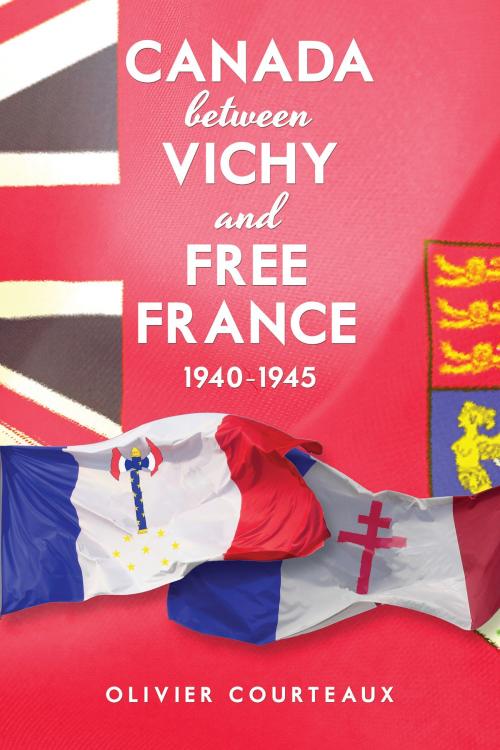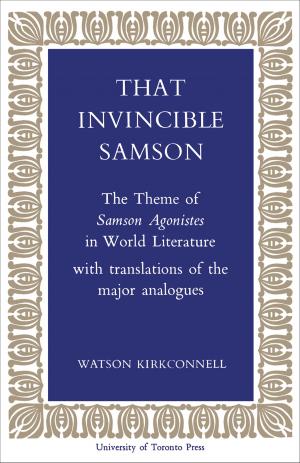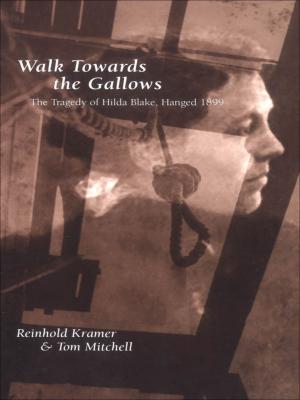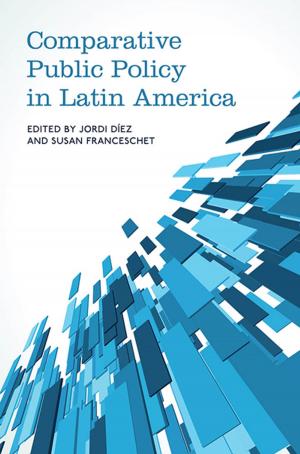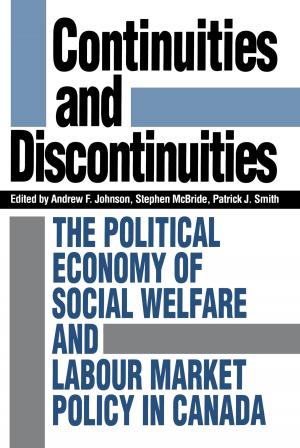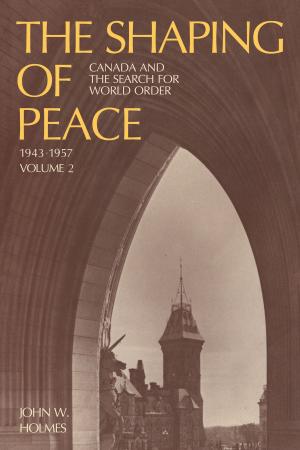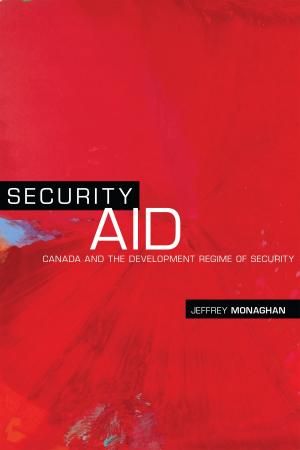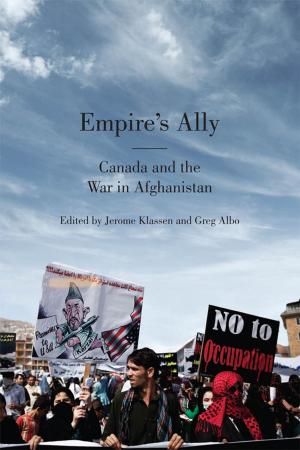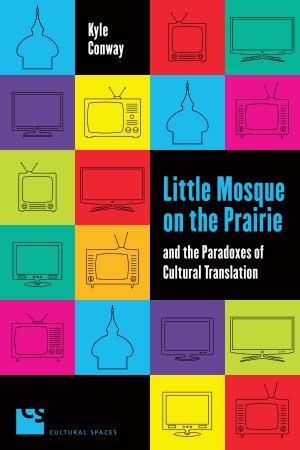Canada between Vichy and Free France, 1940-1945
Nonfiction, History, Americas, Canada, Military, World War II| Author: | Oliver Courteaux | ISBN: | 9781442661271 |
| Publisher: | University of Toronto Press, Scholarly Publishing Division | Publication: | December 6, 2013 |
| Imprint: | Language: | English |
| Author: | Oliver Courteaux |
| ISBN: | 9781442661271 |
| Publisher: | University of Toronto Press, Scholarly Publishing Division |
| Publication: | December 6, 2013 |
| Imprint: | |
| Language: | English |
The relationship between Canada and France has always been complicated by the Canadian federal government’s relations with Quebec. In this first study of Franco-Canadian relations during the Second World War, Olivier Courteaux demonstrates how Canada’s wartime foreign policy was shaped by the country’s internal divides.
As Courteaux shows, Quebec’s vocal nationalist minority came to openly support France’s fascist Vichy regime and resented Canada’s involvement in a ‘British’ war, while English Canada was largely sympathetic to de Gaulle’s Free French movement and accepted its duty to aid embattled Mother Britain. Meanwhile, on the world stage, Canada deftly juggled ties with both French factions to appease Great Britain and the United States before eventually giving full support to the Free French movement.
Courteaux concludes this extensively detailed study by illustrating Canada’s vital role in helping France reassert its position on the global stage after 1944. Filled with international intrigue and larger-than-life characters, Canada between Vichy and Free France adds greatly to our comprehension of Canada’s foreign relations and political history.
The relationship between Canada and France has always been complicated by the Canadian federal government’s relations with Quebec. In this first study of Franco-Canadian relations during the Second World War, Olivier Courteaux demonstrates how Canada’s wartime foreign policy was shaped by the country’s internal divides.
As Courteaux shows, Quebec’s vocal nationalist minority came to openly support France’s fascist Vichy regime and resented Canada’s involvement in a ‘British’ war, while English Canada was largely sympathetic to de Gaulle’s Free French movement and accepted its duty to aid embattled Mother Britain. Meanwhile, on the world stage, Canada deftly juggled ties with both French factions to appease Great Britain and the United States before eventually giving full support to the Free French movement.
Courteaux concludes this extensively detailed study by illustrating Canada’s vital role in helping France reassert its position on the global stage after 1944. Filled with international intrigue and larger-than-life characters, Canada between Vichy and Free France adds greatly to our comprehension of Canada’s foreign relations and political history.
